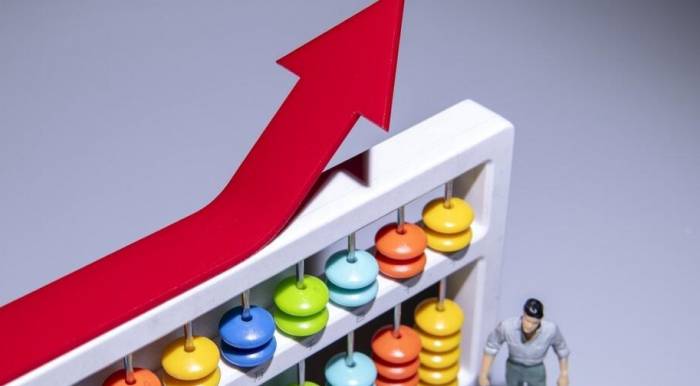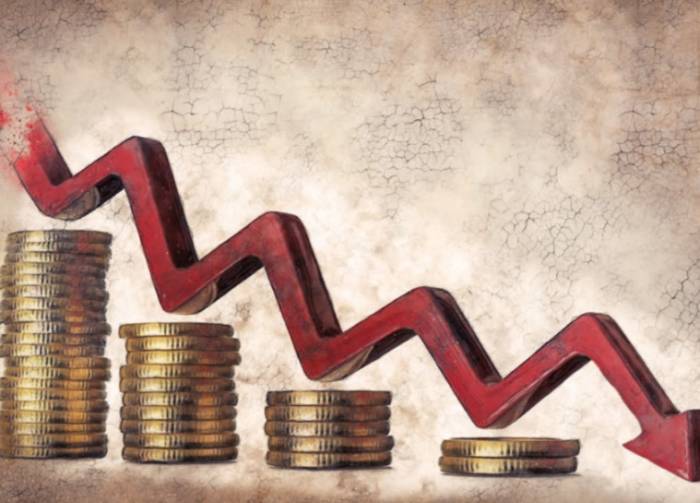In recent times, the weakening of economic data in the United States has led to inc
Fed's Major Rate Cut: Will Trillions Flow Back to China?
Last night, the Federal Reserve made headlines by slashing interest rates by an unexpected
Factors to Consider When Investing in Gold
The allure of gold as an investment is timeless and has been at the forefront of financial
Advertisement
Lower Dividend Tax's Impact on Hong Kong Stock Connect
The Hong Kong stock market has long been trapped in a state of stagnation, a situat
The Gold Price is on the Brink of Turmoil
The ongoing interplay between the U.S. dollar index and gold prices paints a critical pict
Business Transformation for International Market Success
In the evolving landscape of global healthcare, Chinese biopharmaceutical companies
Tesla's Market Value Soars by 850 Billion Yuan Overnight!
In the world of finance, certain moments can grab headlines and demand attention, and none
Gold Poised to Surge as Non-Farm Data Approaches
Last Friday brought a noteworthy shift in the financial landscape as the U.S. dollar index
Chinese Assets Boom: A-shares Nearing 4000 Points
The global financial landscape is experiencing significant shifts, particularly in light o
New Share Reduction Rules' Impact on A-Shares
In a significant development in China’s financial landscape, new regulations












